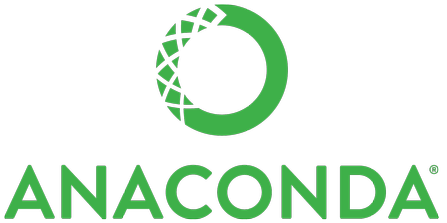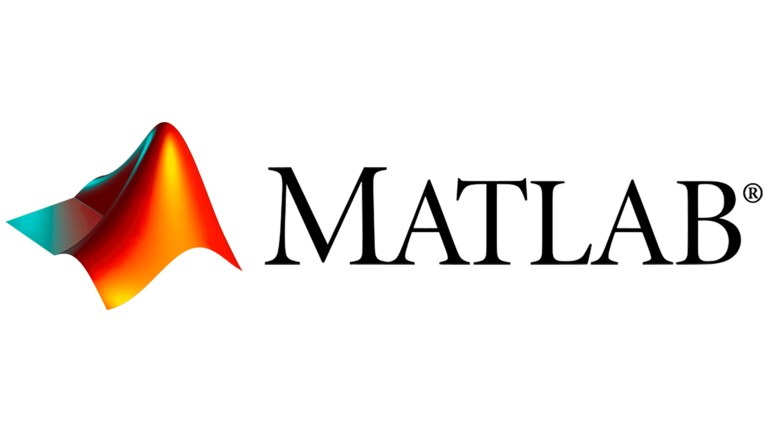Setting up your computer
Python
I will be using Python to illustrate the concepts we learn about in the course.
The easiest way to install Python on your computer in such a way that it will be easy to manage, and easy to install add-on packages, us using the Anaconda Python distribution, which is free, and provides installers for MacOS, GNU/Linux, and Windows operatings systems.
Anaconda python installers are here
Jupyter Notebooks
One of the useful add-on packages (included in the Anaconda Python distribution) is called Jupyter Notebook. It provides a convenient all-in-one notebook style interface for coding in Python, that lets you interleave text (formatted using Markdown) with code, and the output of code (either text of graphics). JupyterLab is a web-based interactive development environment that includes Jupyter Notebooks and other things as well. Here is a link to Project Jupyter which describes its functionality. We will be using Jupyter Notebooks in the course.
Exporting to pdf: To export a jupyter notebook as a pdf you may need to install two things:
- Pandoc (Installing pandoc)
- LaTeX (MacOS, Windows, GNU/Linux)
Google Colaboratory
Google runs a free service called Colaboratory (“google colab”) which allows for the hosting and running (in the cloud) of Jupyter Notebooks right from your web browser. You need a Google account to use it.
Other Languages
If you would like to submit your assignments in another language such as MATLAB or R, that is fine as well.
MATLAB
Western has a site license for MATLAB providing it free for students and faculty. Go to the webpage here and click on the link for the MATLAB Portal for Western University.
You will have to sigin up for an account with Mathworks (the company that makes MATLAB), click the button that says “Sign in to get started”. It will ask you for your Western credentials. Then click the button that says “Sign In” to your Mathworks account, and enter your Mathworks credentials (or sign up for a new Mathworks account if you don’t have one yet). Then download the installer for your computer.
R
R is a free, open-source language for statistical computing and visualization. You can download it here for MacOS, Windows, or Linux.
RStudio / Posit
RStudio (now in the process of being renamed Posit) is an IDE (Integrated Development Environment) for running R code, writing reports, and visualizing data. It is free and available for MacOS, Windows, and Linux.





